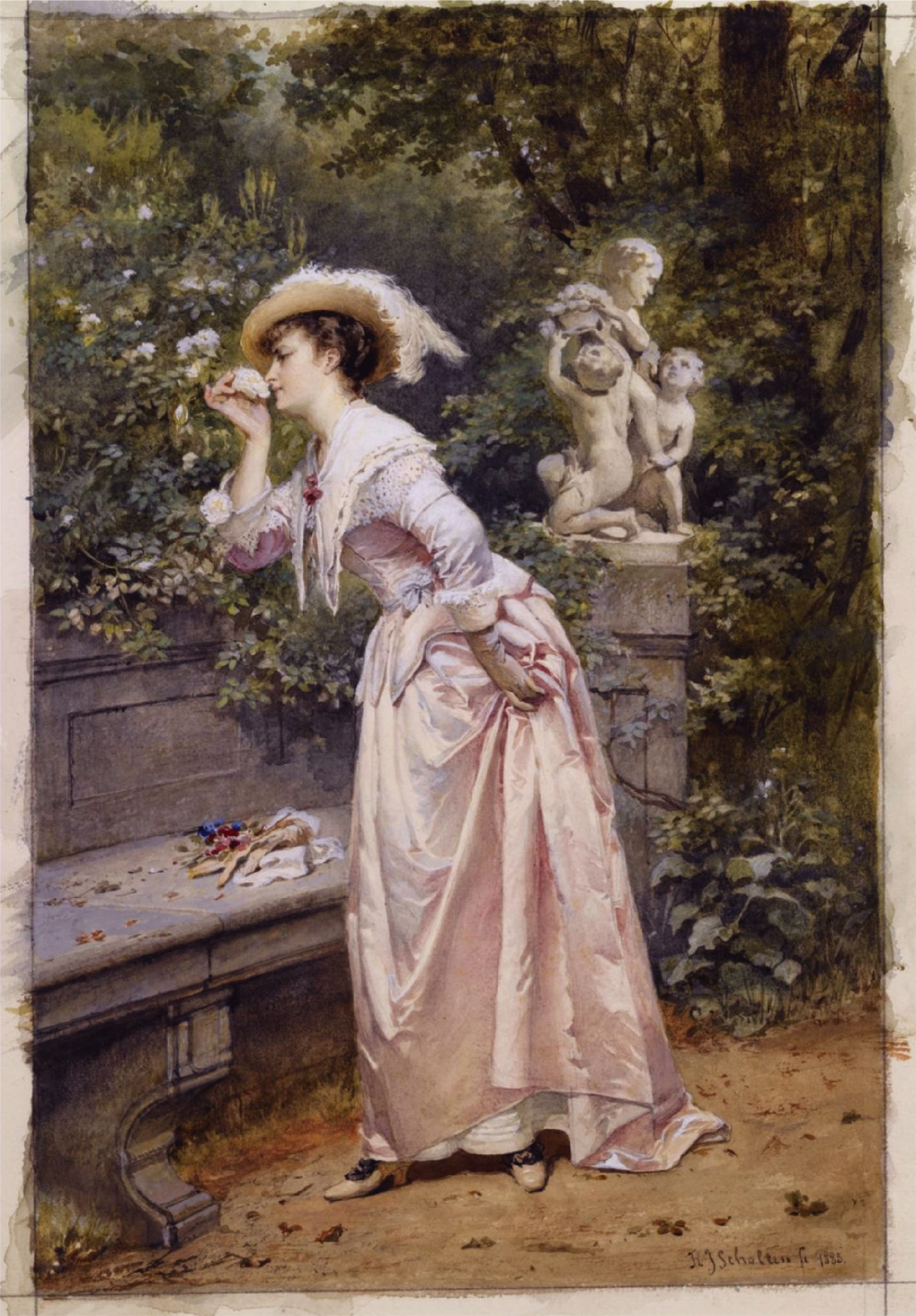Ellie Zolfagharifard
Daily Mail
August 2, 2013
The craving for beer or cheese could be hardwired for some – and it’s all to do with how we experience smell.
Scientists have discovered the genetic basis for why we smell a certain scent by examining the DNA of hundreds of individuals.
Richard Newcomb, a geneticist at the New Zealand Institute for Plant and Food Research, wanted to get to the bottom of why some people are revolted and attracted by certain smells.
Newcomb and his colleagues tested nearly 200 people for their sensitivity for ten different smells that are commonly found in foods.
The smells, which included malt, apple, blue cheese and violets, were added in small amount to one of three glasses of wine.
The concentration was gradually increased to the point at which people could identify which glass the scent was in.
Newcomb then took blood samples from the test subjects, which were used to examine their DNA and look for areas of the DNA that differed between people who could smell a given compound and those who could not.
The difference in their subjects was huge. In the case of violets, some people were more than 10,000 times better at detecting it.
‘We were surprised how many odours had genes associated with them,’ said Jeremy McRae from Plant and Food Research in New Zealand.
‘If this extends to other odours, then we might expect everyone to have their own unique set of smells that they are sensitive to.
‘These smells are found in foods and drinks that people encounter every day, such as tomatoes and apples. This might mean that when people sit down to eat a meal, they each experience it in their own personalised way.’
Their approach- known as a genome-wide association study- is widely used to identify genetic differences.
The genes responsible for detecting these scents were spread out across the genome, and it seemed that there was a single gene responsible for each of them.
Read more

